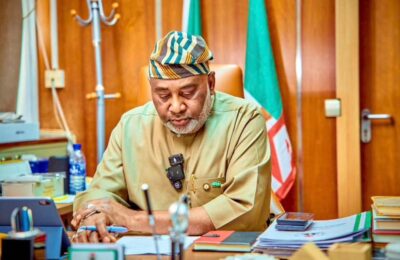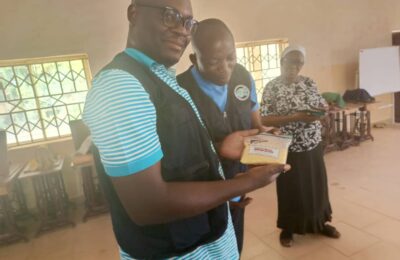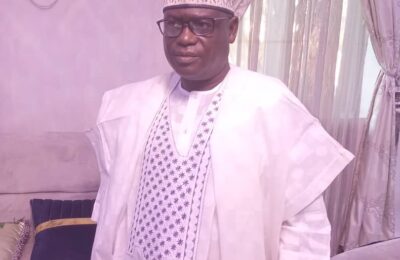
KURU JIBU CALLS FOR ROBUST FORUM TO BRIDGE GAP BETWEEN TRADITIONAL RULERS AND POLICYMAKERE IN TARABA STATE
In a compelling appeal to strengthen governance at the grassroots level, Alhaji Abubakar Mahmud, the esteemed Kuru Jibu, has advocated for the establishment of a regular and structured forum that brings together traditional rulers and policymakers in Taraba State. The revered traditional leader emphasized that such a platform would serve as a vital mechanism for brainstorming, evaluating, and refining government policies to ensure their effectiveness when implemented in rural communities.
Speaking during an exclusive interview with Global Times correspondents in Jalingo, the state capital, His Highness Alhaji Abubakar Mahmud articulated the critical need for inclusive policy formulation processes. He noted that many well-intentioned government policies falter during implementation due to a lack of proper consultation with traditional rulers, who are the custodians of culture, values, and trust in rural areas. “Traditional rulers are the closest link to the people at the grassroots,” he said. “Their insights and involvement are indispensable for identifying potential challenges and ensuring that policies resonate with the needs and realities of our communities.”
The Kuru Jibu further explained that the absence of early and meaningful engagement with traditional leaders often results in policies that are disconnected from the socio-cultural and economic contexts of rural populations. He proposed that a regular forum would provide a platform for policymakers to tap into the wealth of knowledge and experience of traditional rulers, enabling them to address grey areas, anticipate resistance, and design strategies that foster acceptance and success. “When traditional rulers are involved from the onset, they can help bridge the gap between the government and the people, ensuring smoother implementation and sustainable outcomes,” he added.
In his remarks, His Highness showered praise on the administration of Taraba State Governor, Dr. Agbu Kefas, for its proactive efforts to enhance the capacity of leaders across the state. He specifically commended the governor’s initiatives, including seminars, workshops, and training programs, which have been instrumental in sharpening the skills and knowledge of both traditional and political leaders. These efforts, he noted, demonstrate a commitment to fostering collaboration and empowering stakeholders to contribute meaningfully to the state’s development agenda.
Reflecting on the broader role of leadership, the Kuru Jibu underscored that the success of any government hinges on the collective responsibility of all stakeholders. “Governance is not the sole responsibility of elected officials,” he said. “It requires the active participation of traditional rulers, community leaders, civil society, and the general populace. By carrying everyone along, we increase the likelihood of achieving result-oriented policies that transform lives.” He called for sustained unity and cooperation among all segments of society to support the government’s vision for progress.
Addressing the challenges of governance in contemporary Nigeria, His Highness urged citizens to exercise patience with state authorities. He acknowledged that delivering tangible results in today’s complex socio-economic landscape is a gradual process that demands resilience and perseverance. “Making things happen in Nigeria today is not a day’s job,” he remarked. “However, our strength lies in our unity of purpose. If we remain committed to working together, we can overcome obstacles and build a brighter future for Taraba State.”
The Kuru Jibu’s call for a regular forum has sparked renewed discussions about the role of traditional institutions in modern governance. His advocacy highlights the need to harmonize the wisdom and influence of traditional rulers with the technical expertise of policymakers to create policies that are not only well-crafted but also deeply rooted in the realities of the people they serve. As Taraba State continues its journey toward sustainable development, the proposed forum could serve as a game-changer, fostering inclusivity, accountability, and grassroots-driven progress.





generic levitra cost [url=https://levinevino.com]vardenafil generic price[/url] vardenafil 20mg usa
levitra online canada levitra brand online levitra online nz